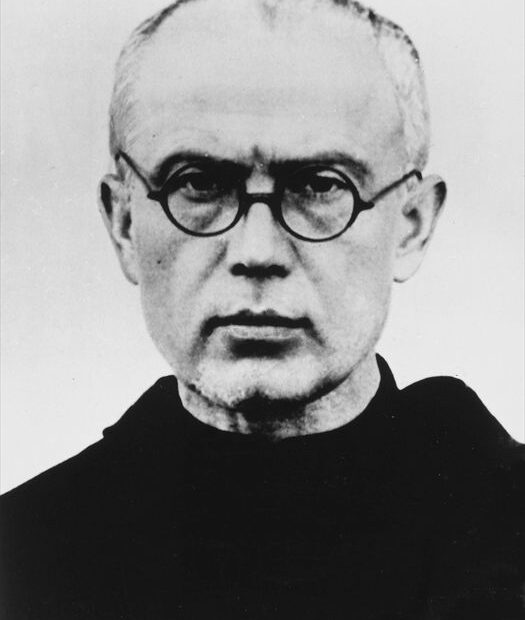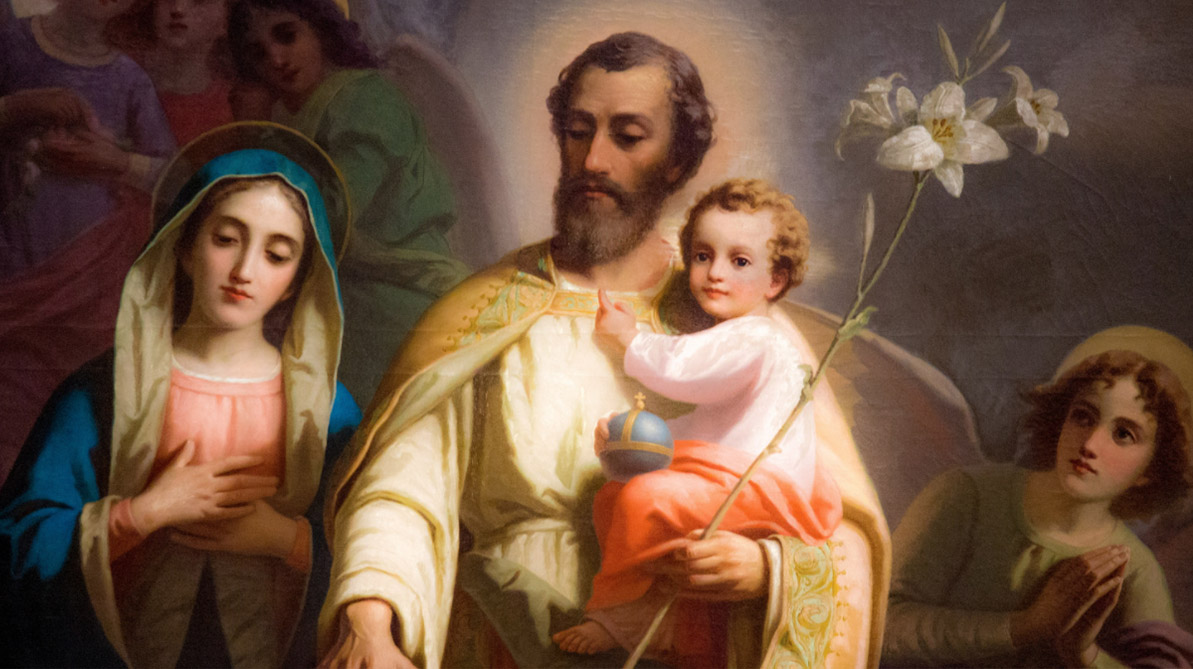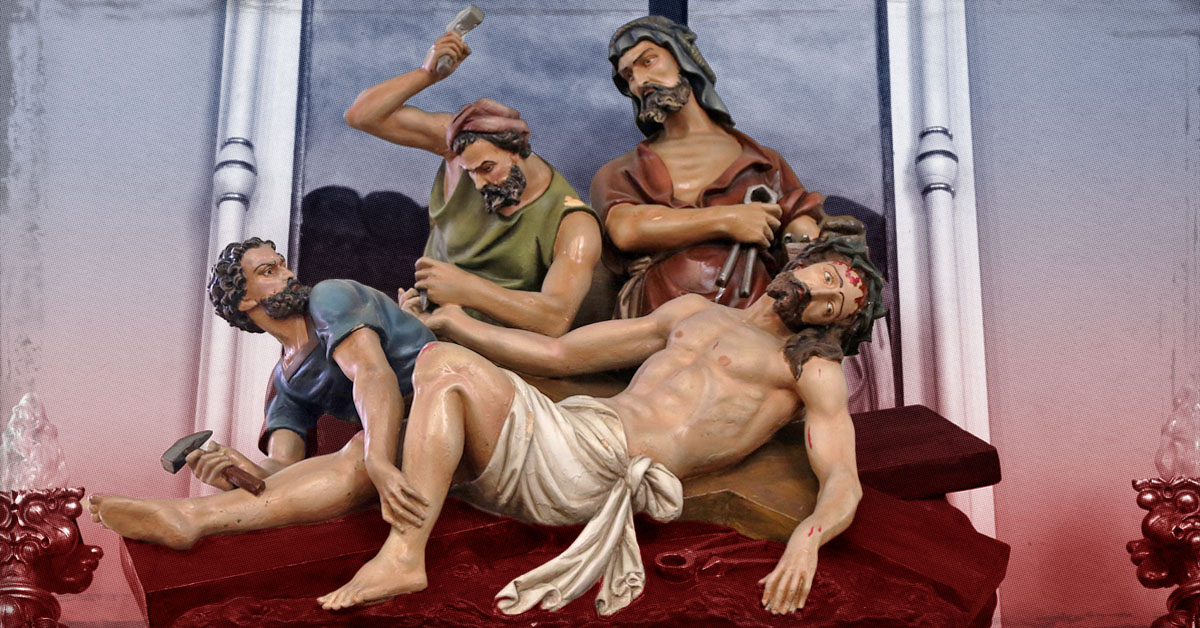By Xavier Opalacz
St. Maximilian Kolbe was a Polish Conventual Franciscan friar born on January 8, 1894. He became a martyr after he died in a Nazi-German concentration camp in Auschwitz during World War II. His acts of kindness and selflessness in defending vulnerable groups set an example for all who learn about him. St. Maximilian helped refugees. In current times, I can help protect and defend vulnerable people by following his example.
Some vulnerable groups that need protection whom I come across are the elderly, children, and preborn babies. Older people’s rights are neglected the older they get. Age discrimination is widely tolerated, and very sadly, many older people face abuse and violence in their own homes. Children who are abused and neglected can experience poor mental health outcomes. Life is the single most precious gift given to us by God, and the preborn do not have a voice when people decide to have an abortion.
St. Maximilian lived a virtuous life of trust and humility by his glowing desire to be the best saint possible and engaged in spiritual exercises. One thing that St. Maximilian did in his life was helping to hide, feed, and clothe thousands of Polish refugees during WWII. He did this at the risk of being caught and then executed. His last act in protecting the vulnerable was to volunteer to die in the place of a man named Franciszek Gajowniczek when he was sent to death in Auschwitz. We should also remember St. Maximilian because he led a perfect example of one of Jesus’ teachings: “No one has greater love than this, to lay down one’s life for one’s friends” (John 15:13).
To help the elderly, I can keep my eyes open to see if an elderly person might be abused or in danger. If I saw something like this, I would tell my parents or teachers that they are being abused so that they could help. If it was not a case of abuse and an elderly person was alone, I could help them by removing objects in their homes that could cause them to fall. I could also help to make sure they have safety objects in their homes like smoke detectors or fire extinguishers and that they are working. I can help them by checking in with them frequently with a simple chat.
To help protect children, I can watch out for signs of abuse. If I saw an abused child, I would tell my parents and/or teacher. Simpler helpful things would be to teach them how to cross the road to prevent them from getting hit by a vehicle or to teach children about stranger danger. Many kidnappings happen because kids don’t know the danger of strangers. Another way I can help children is by teaching them boundaries and personal space. If a child does not want to be touched, they can say no and walk away. If they don’t want to be hugged or kissed by a relative, you could tell them that they can blow them a kiss or teach them something that could respect their boundaries.
The last vulnerable group in my essay is the preborn. The preborn are a very vulnerable group because they cannot speak for themselves and they have no say what is done to them. Abortions gruesomely kill living babies and sometimes even after they are born. One way I could help protect the preborn is by attempting to prevent abortions. I can join and support pro-life rallies and support anti-abortion laws. I can discuss with my friends the gruesome effects of abortion and help people understand that life is precious and all beings have the right to life.
St. Maximilian Kolbe’s sacrifices in being selfless and virtuous have set an example in my life and for others to live a life dedicated to protecting vulnerable people. St. Maximilian’s sacrifice of his own life was extreme. People in current times do not have to sacrifice their own lives to protect the vulnerable. They just have to keep their eyes open, to care, and to be involved with what is going on around them.
Xavier Opalacz won second place in the middle school category of the Culture of Life Studies Program’s 2022 Pro-Life Essay Contest.



